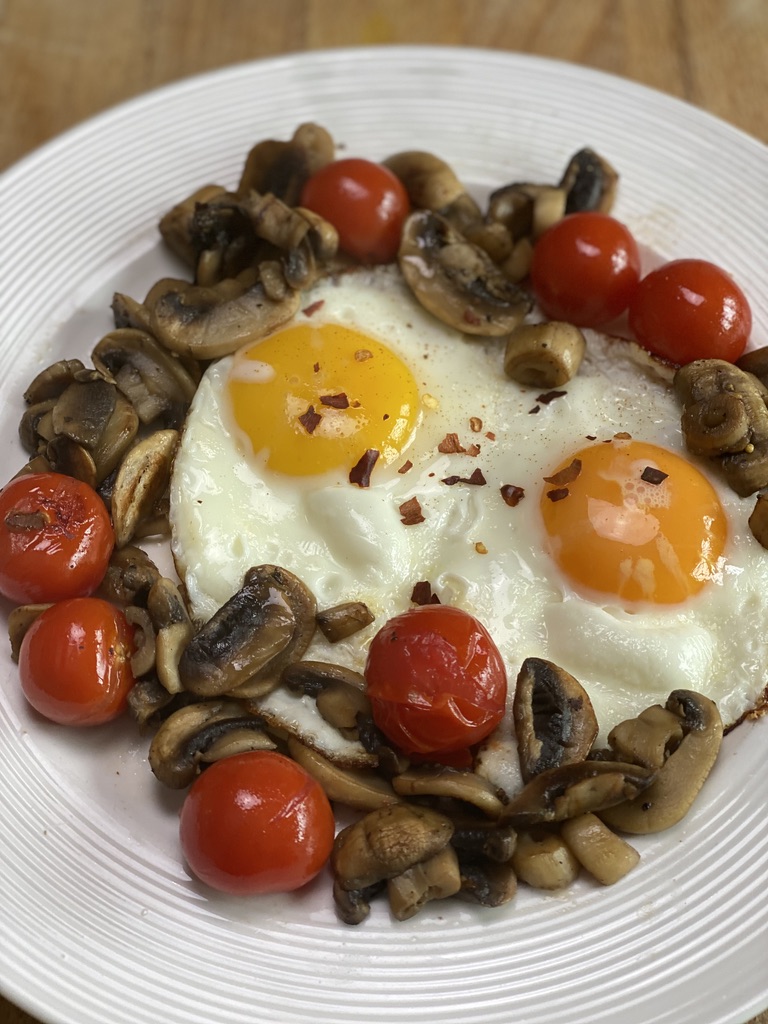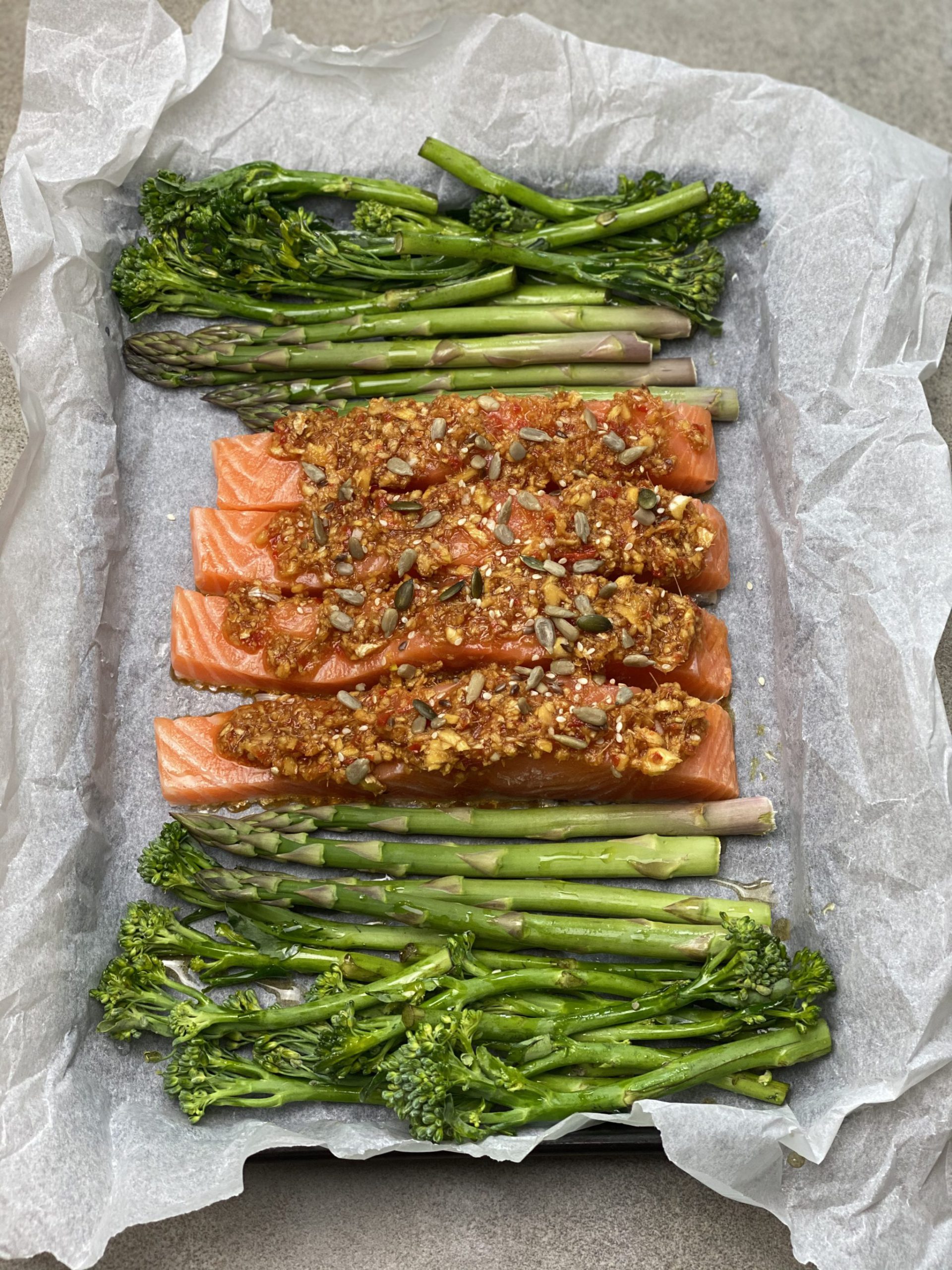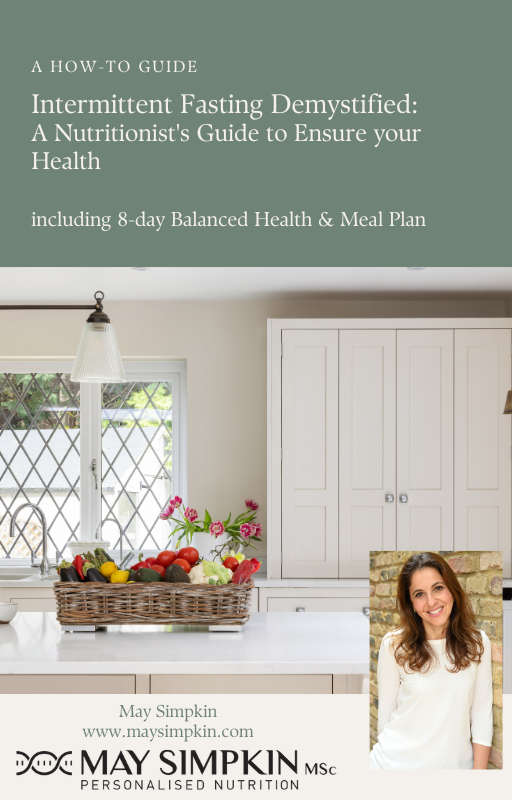
There is a suggestion that we should consider a vitamin D supplement during COVID, but the evidence is somewhat confusing and certainly not definitive. As with all supplements, they should only be considered if there is a need, due to a deficiency or to provide an added health boost benefit, but only where the evidence supports this criteria. This article delves into the current evidence available to establish whether increasing your intake of vitamin D as a supplement will help protect against COVID, whether in terms of prevention or therapeutically.
What is vitamin D
Vitamin D is a fat-soluble vitamin that sits outside the recognised definition of a vitamin; an organic (carbon-containing) chemicals that must be obtained from a dietary source, because they are not produced by the body’s tissues. Vitamin D on the other hand, can be manufactured by the body and is only found in limited food sources and even then, it must be converted into a form that the body can use before it is of use.
Why do we need vitamin D?
Our immune health is just one reason to ensure adequate levels of vitamin D but we also need it to maintain healthy and strong bones by helping with the uptake of calcium. It is also important in muscle health and function.
How do you get vitamin D?
We can obtain a certain amount of vitamin D from our diet but these foods are limited; butter, dairy, egg yolk, red meat and oily fish (as well as fortified foods such as breakfast cereals) are reasonable sources. As a vegan, it is very difficult to obtain enough vitamin D through the diet but even as a non-vegan, the amounts are limited. A medium salmon fillet would provide just 500IU of vitamin D and an egg yolk around 20IU for example. A rich and varied healthy diet can certainly provide a good amount of vitamin D but our body manufactures the majority of the vitamin D we need from sunlight. It follows, therefore that the amount we need will also be determined by how much time we spend indoors. During lockdown, this may well have been more than before.
When it comes to sunlight, there are 2 forms; UVA and UVB. It is UVB that the skin needs to make vitamin D but this is also what can contribute to skin damage, premature ageing and skin cancer. Therefore, especially between 10:00am and 2:00pm, it is important to protect again the sunshine but outside of these hours, provides a good opportunity to expose your skin to the sunlight. Bear in mind, that you only need to expose your body (face, arms and legs) for around 15mins. In the summer when clothing is lightweight this is less of a problem, but this can be difficult in the winter when the weather is not sunny and opportunities to be exposed to direct sunlight are limited.
Should you supplement during COVID?
Whilst we await a cure for COVID-19, preventative measures are one way of protecting us against this virus. However, many will be aware of the importance of Vitamin D and indeed, it is especially important for the immune system.
There are many studies that show that a deficiency in vitamin D can adversely affect your immune function and therefore potentially increase your risk of developing respiratory illness. A current study from Germany research now suggests that vitamin D3 supplementation could potentially offer a safe way to reduce the risk of COVID-19 infections and deaths; by reducing the risk of acute respiratory tract infections. This is backed up by new research at Northwestern University that suggests vitamin D could help reduce the extreme inflammatory reaction that worsen outcomes in coronavirus patients.
Now, this debate is often inconclusive. According to a report published by Public Health England back in June, “there is no evidence to support taking vitamin D supplements to specifically prevent or treat COVID-19 but everyone should consider taking vitamin D supplements if they are in lockdown”
The government NICE guidelines advise 10mg per day but no more than 100mg. This is between 1,000-4,000 IU a day. In general, a multi-vitamin tends to provide around 400 IU but this can differ and it is important to check the amounts on the ingredients list.
A paper published in The Lancet at the beginning of August presents a number of trials currently taking place to test whether Vitamin D supplementation can be considered as a preventative as well as a therapeutic agent for COVID-19. The results are not out yet, but the paper concludes that pending these results, it is not “uncontroversial” to promote the importance of reaching the reference nutrient intakes of vitamin D, in other words, the minimum recommended amounts, currently at 400IU/day. This is low and it is important to avoid a deficiency in the first place. For those who do not eat foods rich in vitamin D or fortified cereals, dairy for example and don’t get outside, supplementing between 1000IU – 2000IU is reasonable.
However, I do not advocate supplementing with large doses to prevent (or treat) the virus. This is because, as a fat-soluble vitamin, any excess will be stored (in fat) and can be harmful. As vitamin D helps with the uptake of calcium, excess intake can lead to an increase in calcium levels in the blood which is particularly harmful; causing grogginess, constipation and even death if levels become toxic. This is an extreme state with doses of up to 2,000 IU a day considered safe.
The aim should be to increase levels of vitamin D to avoid a deficiency in the first place and therefore help support your immune system as part of a healthy lifestyle; the food you eat and the amount of time you spend outdoors direct sunlight, without sunscreen.
Who should supplement during COVID?
So far, most evidence does not prove that a lack of vitamin D can influence the risk COVID-19. It has been shown that high incidences are common in specific groups of people; older adults in care home as well as African-American and other ethnic minorities as well as other factors such as obesity and socioeconomic status.
As vitamin D is made through direct exposure to sunlight, those that are housebound will not have the opportunity to manufacture vitamin D naturally. Also, those with darker skinned tend to produce less. However, the correlation between low vitamin D does not prove causation. Indeed, Obesity, another COVID-19 risk factor is also associated with low levels of vitamin D.
Therefore, whilst a supplement is helpful for most people, particular consideration should be given to:
- Adults with darker skins where pigmentation reduces vitamin D production
- Adults with compromised digestive health that limit the absorption of vitamin D from food
- Adults with kidney or liver disease where the conversion of vitamin D to its active form is compromised
The bottom line
Like all fat-soluble vitamins (Vits A, D, E & K), the body can resort to its own reserves if your daily intake is insufficient. However, faced with growing evidence of vitamin D deficiencies in the UK, as a result of diet and lifestyle, a supplement can be helpful.
Until we have conclusive evidence, the goal is to avoid deficiencies. In the first place, it is important to spend time outside in the sunshine, eat foods rich in vitamin D, such as oily fish, egg yolks and fortified dairy and other foods and supplement these measures with up to 2000 IU/day. There is nothing to lose by taking a vitamin D supplement and it might even be beneficial considering the many other health benefits to our bones and muscles and it might help against COVID too! BUT, there is no need to take high doses; more is not necessarily better. There is no evidence to suggest that large doses will offer protection against COVID whilst outweighing the toxic risk.
During the winter months, the body is unable to make vitamin D through the skin and vegans are limited in their food sources. As such a supplement is recommended.








0 Comments